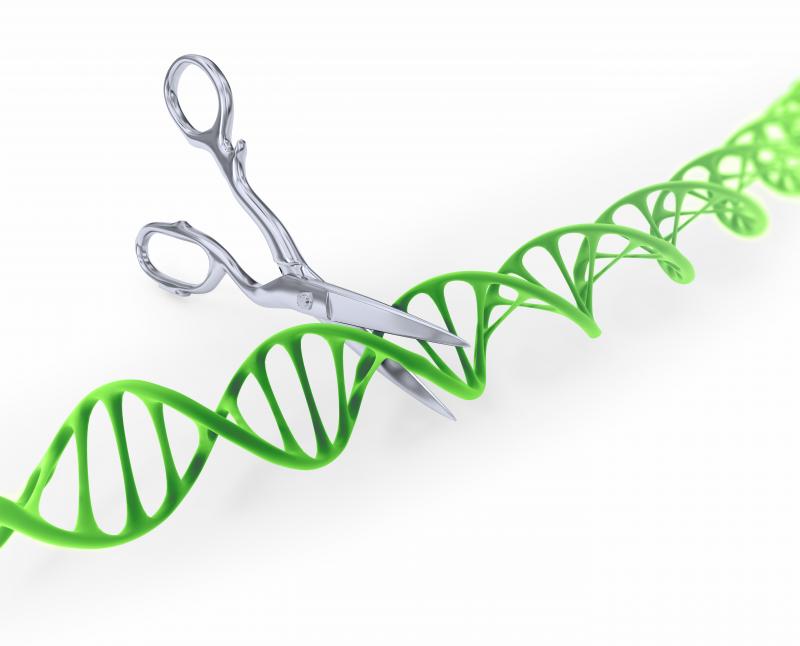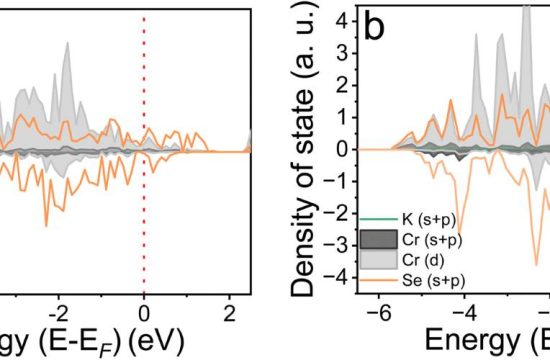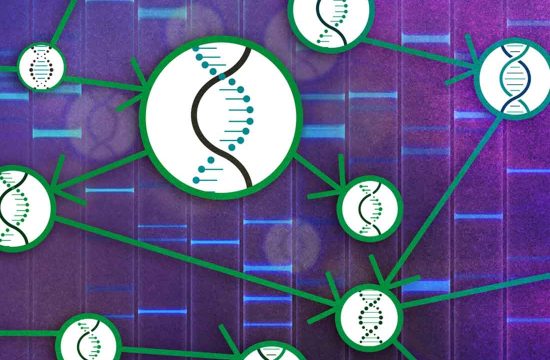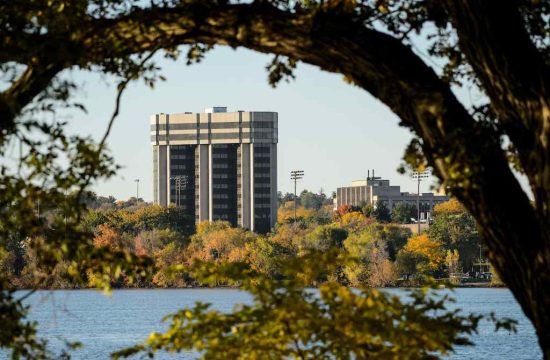 Scientists in China have the go-ahead to begin a small clinical trial next month using CRISPR-Cas9 gene-editing to treat lung-cancer patients, Nature reported.
Scientists in China have the go-ahead to begin a small clinical trial next month using CRISPR-Cas9 gene-editing to treat lung-cancer patients, Nature reported.
A team, led by oncologist Lu You, from Sichuan University’s West China Hospital in Chengdu received ethical approval from the hospital’s review board July 6, according to Nature, and will start with just one patient but will expand to 30 after determining safety.
In the U.S., the National Institutes of Health approved a planned clinical trial that would also use CRISPR to modify cells to treat cancer, but researchers still need authorization from the Food and Drug Administration (FDA) and a university review board. Scientists have said that the U.S. trial could begin by December, Nature reports.
The Chinese study will focus on patients with metastatic non-small cell lung cancer, who have not responded to other treatments.
[pullquote]Beginning with the first patient, researches will test three doses of the altered cells and watch closely for positive and negative responses.[/pullquote]
Scientists will remove immune-system T cells from the blood of participants, and then edit them using CRISPR to delete a gene for a molecule called PD-1. Earlier research has shown that PD-1 usually acts as stop on the immune response, to prevent the attack of healthy cells. Once the cells are edited, they will be multiplied in lab dishes and closely observed to ensure that only the PD-1 gene has been modified.
One trepidation with CRISPR is that it can unintentionally alter or delete genes that are not the intended target.
Once cleared by Lu’s team, the edited T cells would be infused back into the patient, where the hope is they will attack the tumors.
Beginning with the first patient, researches will test three doses of the altered cells and watch closely for positive and negative responses. They acknowledge that there’s a chance the treatment could cause an excessive autoimmune response.
While CRISPR has been somewhat of a controversial topic, with people concerned about germ-line editing and “designer” babies, this clinical trial does not edit genes in a way that would be passed on to offspring and therefore would only affect the cancer patients.








